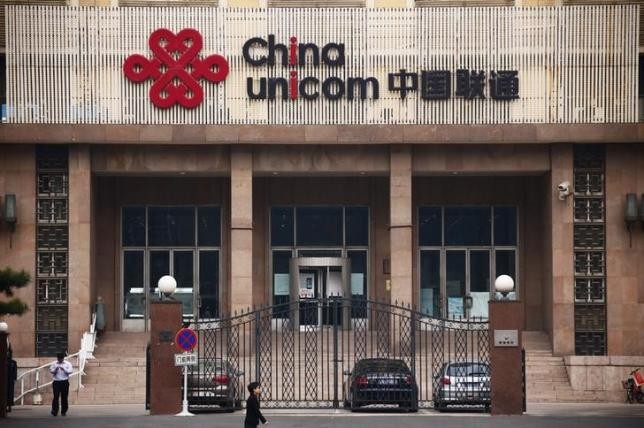The Ministry of Industry and Information Technology (MIIT) awarded officially a telecommunication services license to China Broadcasting Network (CBN), creating a four-way competition in the country's telecom industry.
State-owned CBN received the official green light on May 5, Thursday, enabling it to become the fourth telco operator in China. Currently, the country's telecom industry is dominated by China Unicom, China Mobile and China Telecom.
According to the MIIT, the license will allow CBN to provide Internet data transmissions, as well as expand the broadcasting and telecom markets in China. It is also seen to provide a healthy competition among existing wireless carriers.
However, CBN's entrance is not expected to create a huge threat against the three other players, analysts said.
"This will intensify competition in China's broadband industry, where China Telecom and Unicom dominate," said telecom analyst Michelle Ma in a Bloomberg interview.
"Still, it may take years for cable companies to build and ramp up broadband services," Ma added.
Nomura analyst Leping Huang echoed this statement.
"We do not think CBN will become a major threat to existing telecom operators in the near term, unless CBN can resolve its own financial bottlenecks and complete the process of national television and broadcasting network consolidation," Huang said in a research note reported by Reuters.
The analyst noted that CBN will splurge 20 billion yuan ($3.07 billion) on telecom investments throughout 2016. The figure represents 5 percent of China's overall spending in the said sector.
In a China Daily report posted weeks before the MIIT's official license approval, Gartner's Peter Liu also said that CBN "will not shock the current carriers and change the competition situation in domestic market in the short term."
Meanwhile, telecom handset makers such as Huawei, ZTE and Lenovo are seen to benefit slightly from CBN's new market presence, according to analysts.



























